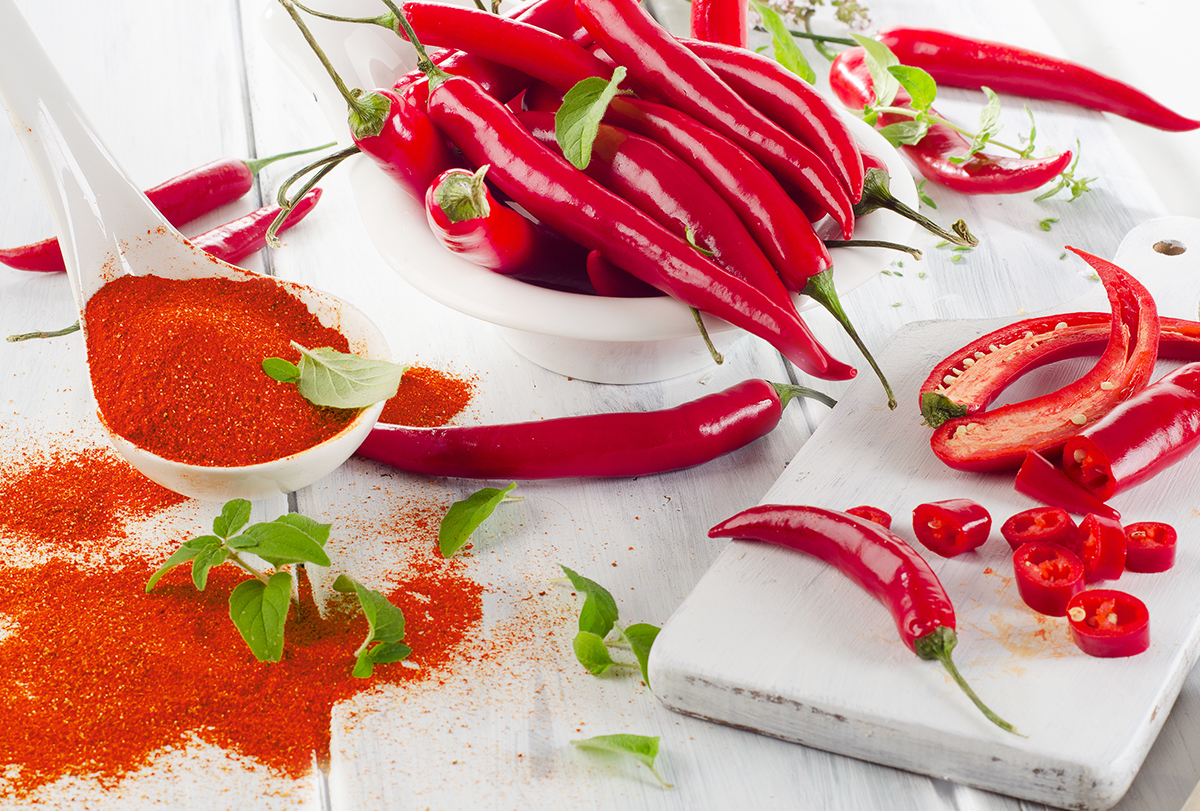#health #cayenne #pepper
“Lots of people worldwide consider cayenne peppers to be the King of medicinal herbs” — Paul Ebeling
Cayenne peppers are a type of chili pepper. They belong to the nightshade family of flowering plants and are closely related to bell peppers and jalapeños.
They were originally grown in Central and South America, but brought to Europe in the 15th Century by Christopher Columbus.
Cayenne peppers are a popular spice used in many different regional styles of cooking, and they have been used medicinally for thousands of years.
These peppers boast an impressive nutrition profile, which includes a variety of antioxidants that are beneficial for your health.
Capsaicin, the active ingredient in cayenne peppers, is what gives them their medicinal properties.
It also gives them their hot taste. How hot a cayenne pepper is depends on its capsaicin content. The more capsaicin it contains, the hotter it is.
Fact: cayenne peppers have been used for thousands of years to help treat many health problems, and not only do they have medicinal properties, but cayenne peppers are super for cooking and contain several beneficial nutrients.
Here are a few, as follows:
The capsaicin in cayenne peppers has metabolism-boosting properties. It helps increase the amount of heat your body produces, making you burn more calories per day. This happens through a process called diet-induced thermogenesis, which causes an increase in our metabolism.
Cayenne peppers are known to reduce our hunger, helping us eat less and feel fuller for longer. How it does this is not completely understood, but one study showed that it reduces the production of the hunger hormone ghrelin.
Capsaicin has potent pain-relieving properties when applied to the skin in a cream.
This is because capsaicin helps reduce the amount of substance P, a neuropeptide produced by the body that travels to the brain to signal pain.
When less substance P is produced, pain signals can no longer reach the brain, and feelings of pain decrease.
Cayenne pepper is easy to incorporate into our eating plan. It comes in different forms, including as a whole food, spice and supplement.
You can add a pinch of cayenne pepper spice to many of your favorite foods, such as eggs, bacon, meat, chicken, fish and marinades.
Plus, cayenne peppers are generally recognized as safe to eat. But, if you are worried that cayenne peppers may interact with your current medication, it’s best to check with your doctor.
Eat healthy, Be healthy, Live lively









